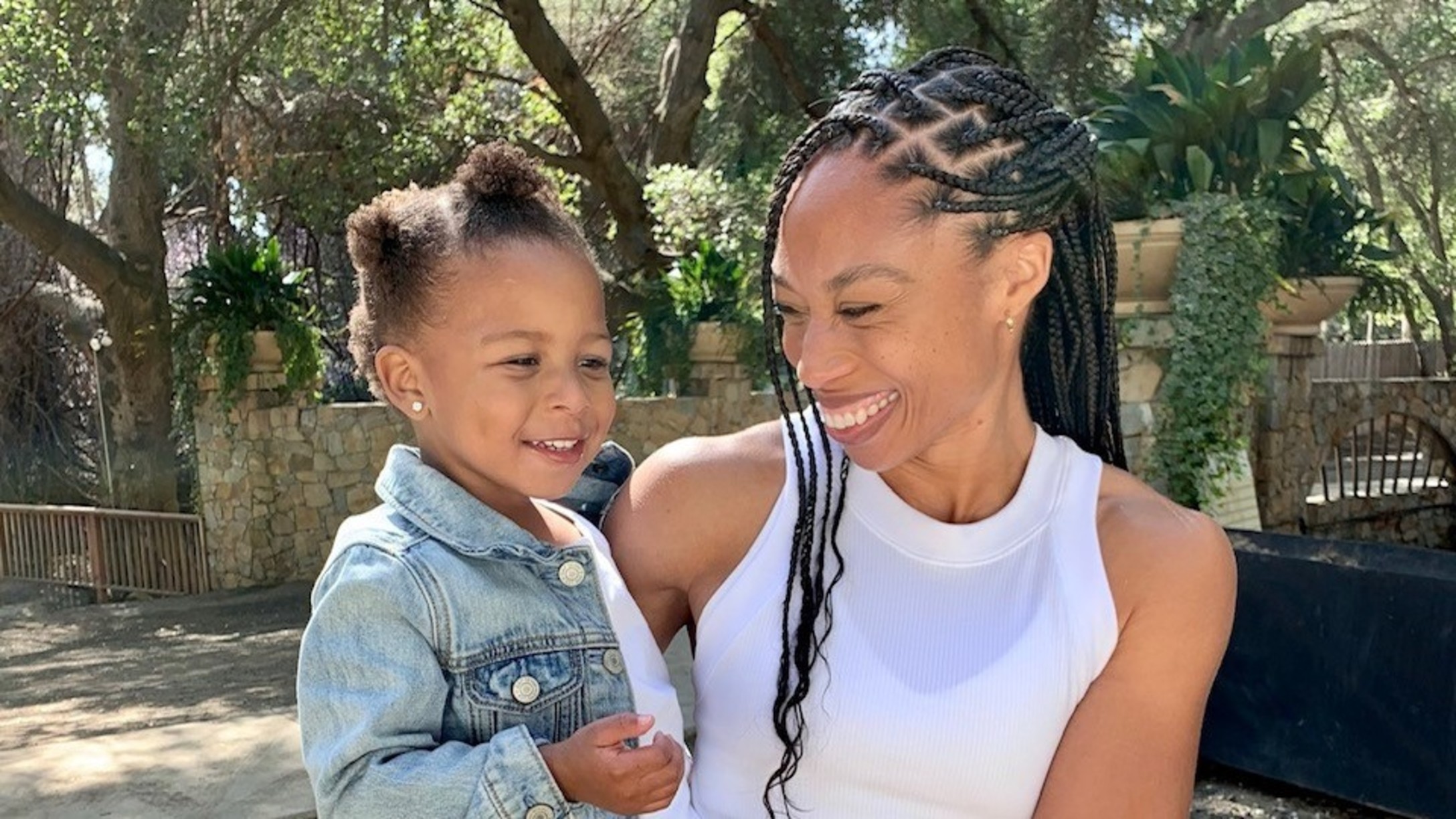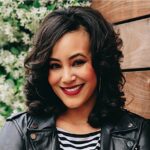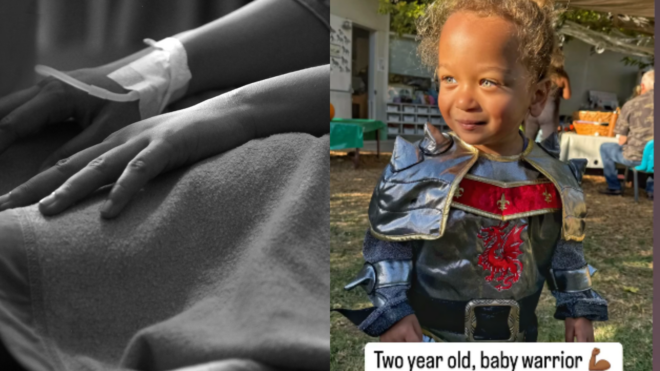
To say Olympic runner Allyson Felix is a modern-day hero mama is a complete understatement. Not only does she have the most medals (11!) of any female track and field Olympian ever, but she’s also making huge strides off the track.
Case in point: In April, Felix launched the first maternity return policy for sneakers via her women’s sneaker line, Saysh. The "simple and straightforward" return policy allows customers to get a free pair of replacement kicks if they experience any changes in shoe size due to pregnancy. To those who have maintained the same shoe size since their growth spurts tempered in their teens, Saysh's return policy may seem like a small gesture. But for those of us whose feet grew due to becoming a mom, it’s huge. We feel seen and appreciated. So, thank you, girl!
As a businesswoman and a mother who endured unexpected pregnancy complications, creating opportunities for change and embodying her role as an advocate is something Felix is fully embracing.
When the athlete was 32 weeks pregnant, she was diagnosed with severe preeclampsia, a disorder characterized by a sudden onset of high blood pressure and signs of damage to organs. Felix describes that time as “some of the scariest days of my life.” The experience inspired her to advocate for other Black moms who are often consumed with anxiety because of a health system that constantly fails us. It's no joke. In the US, Black moms are three times more likely to die from pregnancy-related causes than White, Hispanic, Asian American, and Pacific Islander women, and 60% of all maternal deaths are preventable.
Felix, whose daughter Camryn is now 3, has teamed up with Pampers to help address the Black maternal health disparity. CafeMom’s editorial director, Jessica Herndon, spoke with Felix about being an advocate, training after birth, and how she looks out for her mental health.
Why do you feel compelled to support the effort to improve maternal health, namely for us Black women?
"It was definitely my personal experience — being diagnosed with severe preeclampsia at 32 weeks. That really just opened my eyes," she says. "Going through it was a really scary situation, and there was so much uncertainty. My heart ached for so many mothers who don't survive to raise their children. That made me passionate about wanting to help women to know that they're at risk."
How important is it for Black women to speak up when we feel something is off with our body?
"It's so important. It's so crucial. If you do have to advocate for yourself, if you do have to be really persistent and make sure that your pain is not dismissed, these are things that we can prepare for and be ready to do. But it can be so intimidating, especially when you're going through a situation where you're so scared and the doctor should be the expert. We really shouldn't have to be the ones to bring those things up. But I think the reality is that we do have to be prepared for that."
What messages do you have for expectant and new moms as they go through the journey of pregnancy and childbirth?
"For Black women, for women of color, just knowing that you're at risk already — know the different signs to look for, to be aware of. Know that you need to speak up even if it seems like something small. Also, after you give birth — postpartum — that is a time where so many issues can arise. And a lot of times we just think, Well, this maybe is part of the process. This is how it goes. Be persistent. Go in if something doesn't seem right."
You've been open about the challenges of maintaining your career after giving birth. What advice would you give to other moms returning to work after baby?
"It was a very humbling experience and it was really hard. I would say to give yourself grace. I think a lot of times we wanna be superwoman. We wanna do all the things and be everything to everyone. We have to make ourself a priority and understand that we have to take care of ourselves before we can help anyone else. My experience was just that — I was gonna get back to where I needed to be, but I had to give myself time and I had to understand that every day was not gonna be perfect. Some days felt like everything was falling apart, and that's OK. Just take one day at a time."
In your New York Times op-ed, you called out Nike, your then-sponsor, for wanting to pay you 70% less after you had a child. You really stood up for yourself. How hard was that?
"I had been watching that happen ever since I was a teenager, and it was crazy that it was still going on. And when I was going through that really difficult negotiation period and fighting for maternal protections, I ended up having my daughter during that time and going through this very traumatic birth experience. I had just come home from the NICU and I'm looking at my daughter and I'm like, This cannot be her fight. Even though I was absolutely terrified, I think she gave me that courage to come forward and to speak my truth and try to bring forth change."
Currently, what are some of the best ways that you look out for your mental health?
"I think understanding when I am feeling overwhelmed – understanding what are the tools, whether that is taking a day for myself and not having mom guilt about it. Whether it's maintaining going to therapy.
"I've definitely checked into a hotel and just taken a nap. I love just going to dinner with girlfriends, getting refreshed. Sometimes it looks like sitting in the car for like 30 minutes before I go into the house because that's all I can do that day. It's really important to have time to yourself."
To join in the fight to lower the systemic barriers Black moms face in receiving equitable care, share THIS #RaiseCareDeliverJoy video during the month of June and Pampers will donate an additional $1 to the National Birth Equity Collaborative to help support Black moms in getting the care they and their families deserve.







